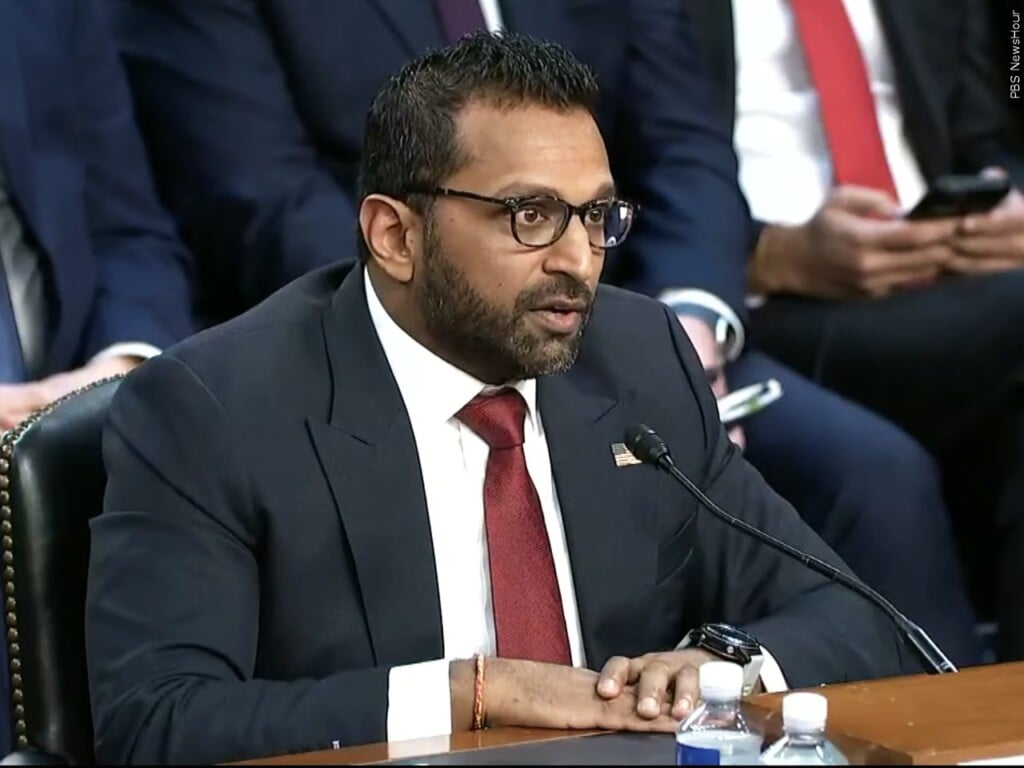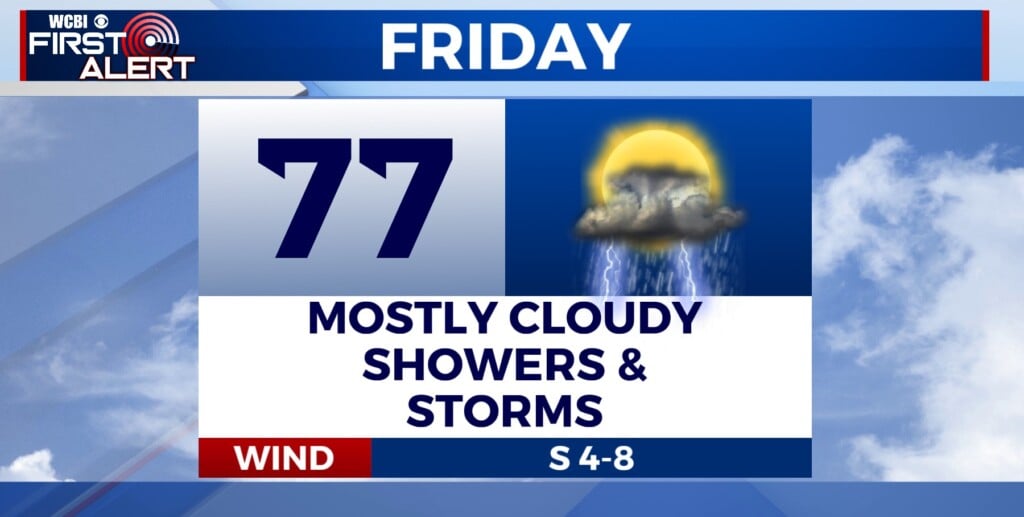MUW Students Explore the Gulf

Candie Willis, from left, Samantha Humphrey and Ariel Finch hold squid and other marine organisms found in the Gulf of Mexico. Photo by Chris Jenkins
COLUMBUS, Miss. – The Gulf of Mexico was the living laboratory for 16 biology students this past weekend.
Squid, fish, crabs, jellyfish and electric rays native to the Mobile Bay were within their grasps as they explored and researched marine organisms at the Dauphin Island Sea Lab in Alabama.
Students in the ecology and animal behavior courses at The W spent hours on a large fishing boat as it trawled for samples of marine life in various parts of the Bay. Later, creatures discovered during their excursion were dumped onto the observation table on the back deck of the boat.
Samantha Humphrey, a senior biology major from Senatobia, said, “I loved the hands-on experience. We were able to handle the different animals found in the net and later we were able to help the graduate students collect and process data from the red snapper.”
Humphrey said before this trip, she had not been able to experience any marine biology studies.
“The experience I gained has helped me determine if marine biology is really the field I want to go into. Now I am able to narrow the direction I will take in the near future,” she added.
Dr. Nicole Welch, professor of biology, who organized the trip, came up with the idea after several family vacations to Dauphin Island.
“It is charming,” she said about the area, adding that it is a wonderful offering of opportunities for students.
As a student, she recalled going on field trips with her professors. “When I was an undergraduate biology major, a lot of my professors took us on field trips—off campus, overnight. I always wanted to do that for my students.”
She started planning the trip for her students in March with overwhelming support from Dr. Dionne Fortenberry, department chair, and Sherry Durkin, administrative assistant.
The goal of the trip was two-fold, first, to get students out in the field and second to interact with graduate students.
“You can read about an ocean in your textbook but then when you are out there on the ocean, sampling the organisms that are found in the ocean habitats, it’s real.
“Field experiences make courses like ecology and animal behavior real. There’s nothing like seeing it. There’s nothing like doing it. This is hands-on learning,” Welch added.
W students were fortunate enough to work side by side with a graduate student conducting research from another university.
“I want them to see how the collection and the processing of the samples leads to the data that are collected on a project. In other words, where the information in their text book is coming from…” Welch said.
“It really is that. Everything they read in a textbook comes out of research and making that connection and realizing that they too can be a part of this research process if that is where their interests take them.”
Dr. Paul Mack, associate professor of biology, and his students also attended the trip.
He said, “I think they got a sense of what it is like to do research. They get to see the precision with which data must be first obtained, then carefully recorded and recorded so that it is also retrievable in the future for large-scale analyses which may not have even been planned yet. It also gives them an idea of what life is like as a graduate student.”





Leave a Reply